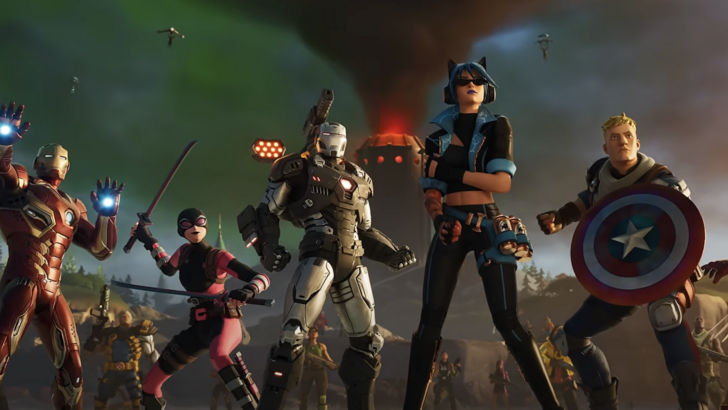Epic Games' Ambitious Metaverse Vision: Unreal Engine 6 and Interoperability

Epic Games CEO Tim Sweeney has outlined an ambitious plan to create a unified metaverse leveraging Unreal Engine 6. This vision centers on interoperability, allowing assets and marketplaces across various games to seamlessly connect.
A Collaborative Metaverse Ecosystem

In a recent interview, Sweeney emphasized the financial stability and strategic vision driving this project. He envisions a future where games built using Unreal Engine, including Fortnite and potentially Roblox and others, share a common platform and economy. This interoperability, Sweeney argues, will foster greater player engagement and trust in in-game purchases.
The core of this plan involves integrating the advanced features of Unreal Engine with the user-friendly interface of the Unreal Editor for Fortnite. This combined power, slated to become Unreal Engine 6 over several years, will simplify game development and deployment across multiple platforms.

"Build Once, Deploy Everywhere" Philosophy
Sweeney highlighted the "build once, deploy anywhere" capability of the planned Unreal Engine 6. This will allow developers to create games easily accessible across various platforms, fostering a truly interconnected metaverse. A partnership with Disney exemplifies this vision, showcasing a Disney ecosystem that interoperates with Fortnite. While discussions with Roblox and Microsoft haven't begun, Sweeney anticipates future collaborations.
The driving force behind this initiative is the increasing player preference for cross-platform gaming and the desire for long-term value from in-game purchases. An interoperable economy, Sweeney believes, will enhance player trust and increase spending on digital goods.

A Federated Approach to Metaverse Development
Epic EVP Saxs Persson echoed Sweeney's vision, emphasizing the potential for a federated metaverse where platforms like Roblox, Minecraft, and Fortnite could coexist and interact. This approach prioritizes player connection and choice, leading to increased playtime and enjoyment. The strategy, Persson explained, is to build upon the existing successes of Fortnite and expand its core principles to a wider scale. The decentralized nature of the game industry, unlike the smartphone market, ensures that no single entity will completely dominate this metaverse.









